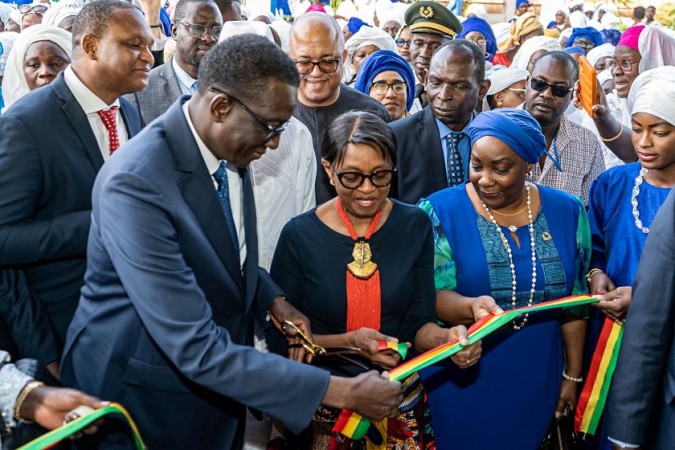
In a strategic collaboration with the Government of Senegal, the World Health Organization (WHO) has inaugurated a pivotal Regional Emergency Hub in Dakar, Senegal, aiming to enhance Africa's capacity to respond promptly and effectively to health crises. This initiative builds on lessons learned during the COVID-19 pandemic and aligns with WHO's strategy to establish three decentralised emergency hubs in the African region.
The newly launched Dakar hub follows the Nairobi health emergency hub established in Kenya in 2022, with a third hub in Pretoria scheduled for a 2024 launch. Senegal's Prime Minister, Amadou Ba, emphasized the hub's diverse functions, including strategic pre-positioning of emergency health supplies, enabling WHO's Regional Office for Africa to support affected countries more efficiently during health or humanitarian crises.
The African region contends with the highest number of health emergencies globally, with over 130 disease outbreaks reported as of November 2023. The hubs aim to substantially reduce response time—from an average of 45 days to three days—following the declaration of a public health event, significantly impacting affected populations and aiding disease outbreak control.
Beyond rapid response, these hubs function as centres of excellence, aiming to train over 3000 African experts in essential technical skills for effective health emergency response. Each hub has a specialised focus, leveraging the host country's comparative advantages.
Dr. Matshidiso Moeti, WHO Regional Director for Africa, expressed gratitude for the collaborative effort in establishing this vital facility. The Senegal hub specializes in supply chain management, data analysis, innovation, and information management, contributing to the region's emergency preparedness.
Since the operationalization of the Nairobi hub in September 2022, delivery time for critical emergency health supplies within the region has been reduced from three weeks to an average of three days. The Senegal government's commitment includes allocating land and facilitating customs processes for efficient inbound and outbound supply clearance.
The Regional Emergency Hubs, featuring warehouses, training facilities, infectious diseases units, and emergency response simulation facilities, will closely cooperate with partners and the broader UN ecosystem. WHO collaborates with the Africa Centres for Disease Control and Prevention to fortify emergency preparedness, response, and health systems across the continent. This collaborative effort signifies a crucial step towards enhancing Africa's resilience and preparedness in the face of health emergencies.
Article by RB Correspodent
Photo/Google

Comment